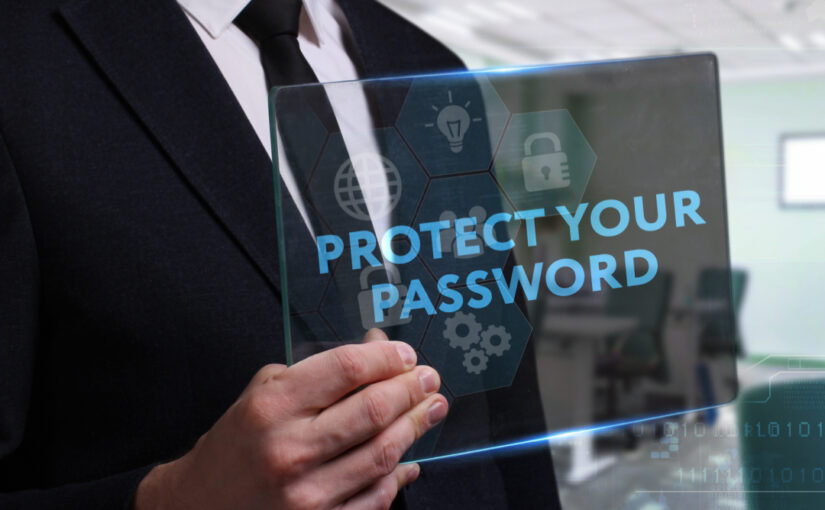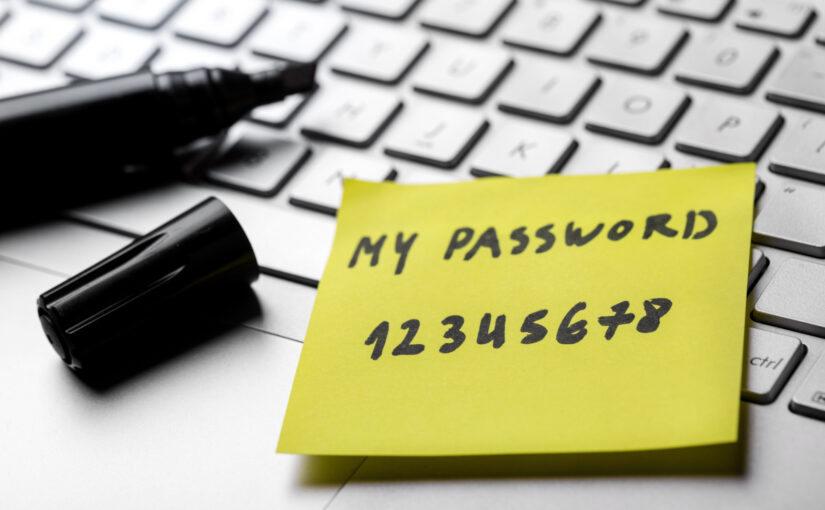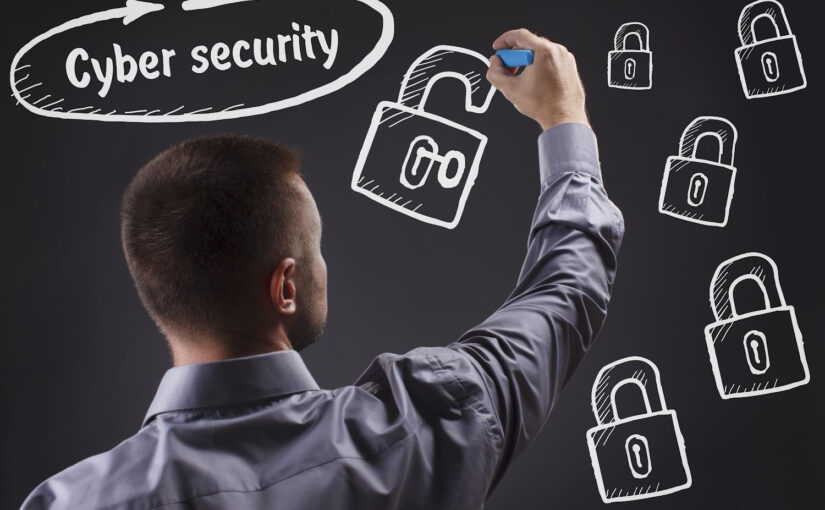Time Management. How can I manage something that I never seem to have? Have you ever looked at your weekly calendar on Sunday evening and cringed? You have work deadlines, a repair person coming, kids to get to practice, a spouse who’s traveling, and, to top it off, your mother needs a ride to the doctor.
Have you ever gotten to the end of a week and wondered what you’ve really accomplished? Or wondered if what you’ve accomplished really was the most important? As our lives get busier and more complex, managing how we spend our precious time has become increasingly important.
You Can’t Stretch Time, But You Can Make the Most of Every Minute
Making the most of every minute does NOT mean that you never slow down to engage in your favorite activities…or to simply relax. In fact, by implementing time management strategies, you can actually “find” time. Not only will you use your time more efficiently and effectively at work and at home, the time you “find” can be used for that extra hour of reading your favorite author or walking to the park.
Get Started With Time Management
SELF-ASSESS
- HOW IS MY TIME MANAGEMENT NOW?
- Do I procrastinate?
- What are my time wasters? (social media? office chatter?)
- During what hours do I feel most focused and productive?
- How do I keep track of my schedule, and is it working for me?
Once you’ve taken a few minutes to honestly assess your current time management, you’re ready to consider the following:
LIVE BY THE LIST
List, List, List. Can’t be stressed enough. The process of making a list forces you to account for all that needs to happen on any given day. Plus, by writing a list, you’ve effectively downloaded that information from your brain. That frees up your brain’s power to get things done. But, be ready to edit. List making can be tricky at first.
- Make a realistic list. Making your list too long can set you up for disappointment and frustration.
- Prioritize. What is truly MOST important for you to accomplish today? This might not necessarily be the same as what is “talking” to you the most and getting your attention. Top of your list should be the MOST important item for you to complete, not someone else’s priority. The iStratus task manager is a great way to start prioritizing your to-do list.
- Commit to the list. We all know the unexpected happens, but consistently commit to following your list in order of importance to meet priorities most effectively. If you’ve committed and life throws you a curveball, at least you’ve worked towards the top priority first even if you can’t complete it.
- Write it today. Write your list for tomorrow at the end of your day today so you enjoy your evening with a clear head. Plus, with your list written, you’ll start tomorrow with your plan of action ready and waiting.
STOP PROCRASTINATING
We’ve all done it. We’ve worked diligently on our To Do List. We’ve promised to dig in right away with task #1 first thing in the morning. Morning comes, and task #1 seems daunting. How do I get started? How am I going to finish this? Then it starts. I’ll just clear my inbox first. Or I’ll just knock off task #4 first—it’s quicker. STOP. This is where strategy #1—Live by the List—can save you. You’ve prioritized. You’ve committed. Feel the power of sticking to it!
If task #1 is completely overwhelming, break it into more manageable sub-tasks that you can complete more quickly. More quickly completing that first sub-task can provide the much-needed buzz of accomplishment to spur you on to the next sub-task.
GET HELP—DELEGATION IS YOUR FRIEND
You are focused on your task #1, but there is another task distracting you. Successful time management doesn’t mean you must do everything yourself. Nor should you. If there is someone in your sphere capable of handling the distractor task, ask for help! This is not a weakness, but working smart. Perhaps your co-worker can lead that meeting. Or your child can get dinner started. To truly be productive, you should consider delegating. Delegating keeps you focused and builds capacity in others.
MULTI-TASKING IS NOT YOUR FRIEND
You’ve got three balls in the air—you’re cranking and feeling productive. But are you? At first glance, multi-tasking seems like the perfect solution to an over-stuffed schedule.
However, when your brain’s focus is switching among multiple tasks, you are less able to fully attend to any one task, often sacrificing quality. The time your brain spends to re-focus on each task as you shift among them, actually wastes time. But even worse, over time, the brains of frequent multi-taskers often become less able to filter out distractions to truly focus on one task.
SCHEDULE—THE MUST DO’S AND THE WANT TO DO’S
You’ve got a long list of Must Do’s on your schedule. But don’t forget about those routine tasks that can eat up a big chunk of time, but never make it onto your calendar. Catching up on email, returning calls, face-time with co-workers are all sneaky time users that should be scheduled into your day like any other commitment. If they are scheduled, you’ll be less likely to address them through multi-tasking.
When you schedule tasks is also important. If you are not a morning person, tackling your #1 task first thing, when you aren’t your most alert and productive, might not be the best choice.
With those Must Do’s accounted for, you can now schedule the Want to Do’s. Whether it’s extra time at the gym, lunch with mom or a movie with your spouse, if you treat it like any other time commitment and add it to your calendar, you are more likely to make it happen.
USE A MASTER CALENDAR—MASTER YOUR UNIVERSE
You’ve got your work calendar, your personal calendar, your kids’ calendars, your spouse’s calendar, and maybe a parent’s calendar to consider. If you must keep it all in mind when scheduling your time, then you must keep it all in one place. Whatever your style–the giant chalkboard in the kitchen, a day planner, or a digital calendar tool—keeping all relevant events in one place keeps you from the annoying time suck of re-scheduling tasks later.
GET REST AND EXERCISE
With all this talk of prioritizing lists and making schedules, and your actual WORK, how can you possibly have time to get enough rest and exercise? The fact is, you may become an expert at time management. But, if you’re chronically over-tired or rarely exercise, you still won’t be as effective and efficient. Too little sleep chips away at your ability to focus and maintain attention on tasks to bring them to successful completion.
Regular exercise (even just 10 minutes a day) improves sleep quantity and quality and increases mental alertness. Spending time exercising can help you find time as you rest better and approach each task with more clarity and focus. Schedule your rest and exercise on your Must Do list!









